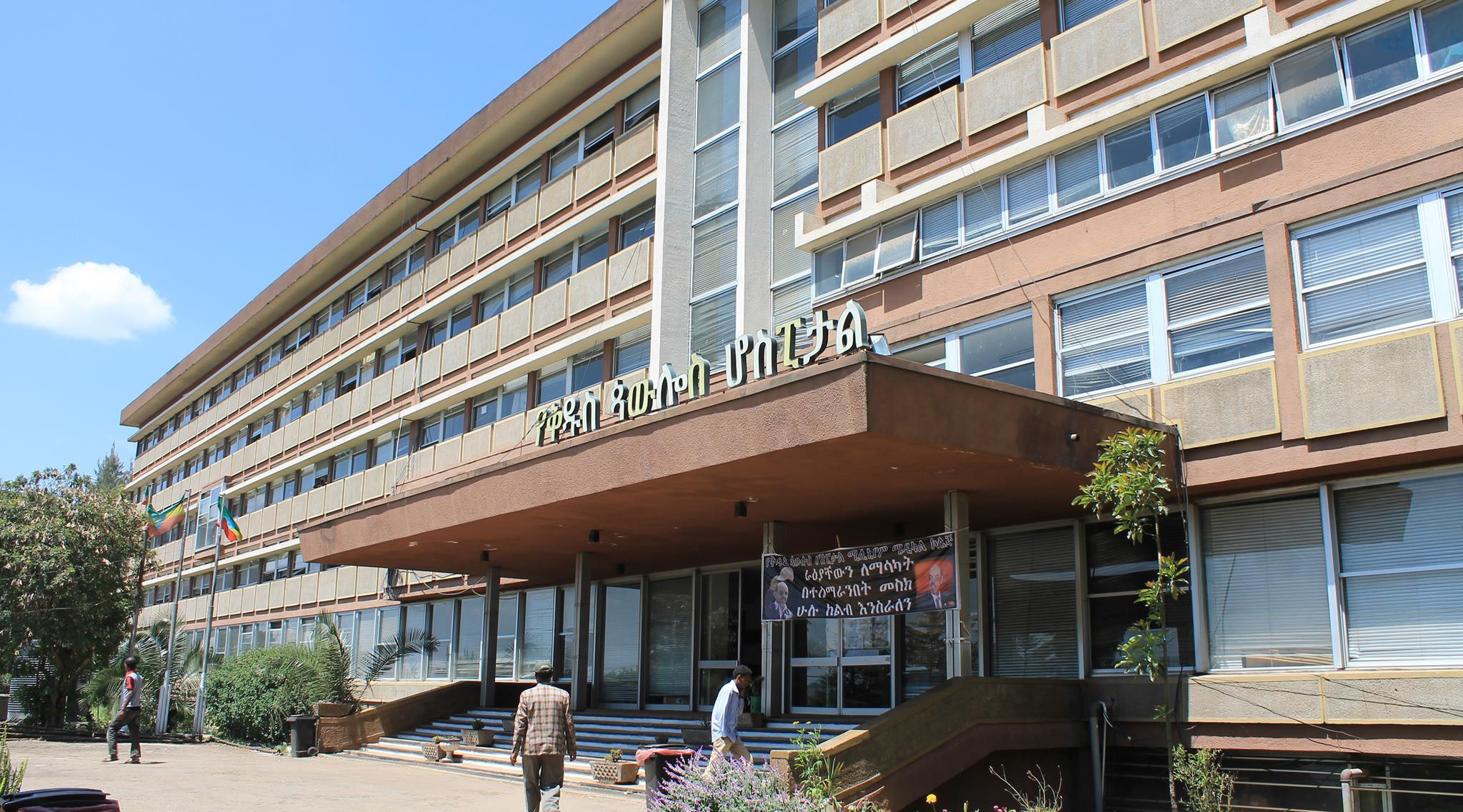
Kidney disease is a hidden epidemic affecting more than 850 million people worldwide. The Global Burden of Disease (GBD), estimated that 1.2 million people died from kidney failure in 2015, an increase of 32 percent since 2005. In 2010, an estimated 2.3–7.1 million people with end-stage kidney disease died without access to chronic dialysis. Additionally, each year, around 1.7 million people are thought to die from acute kidney injury. Overall, therefore, an estimated 5–10 million people die annually from kidney disease.
In Ethiopia, it is estimated that 5-10 percent of adults are affected by kidney disease of various levels. In addition, some 7000 people, most of them below the age of 55, die annually due to chronic kidney disease. One of the major factors that are escalating the problem is poor access to kidney medical care.
Walelegne Mekonene, a merchant, is a resident of Lafto in Addis Ababa. He recently told the Amharic daily Addis Zemen that he was shocked by the sudden illness he felt two months ago. Following a diagnosis, the doctors told him that both of his kidneys have failed. Since then, he has been going to private hospitals to receive kidney dialysis. He also went to foreign countries to get medical treatment.
As it is expensive to receive dialysis two to three times a week, kidney transplant is preferable, he said adding he has come to St Paul’s Hospital as his sister is willing to donate her kidney to him and her blood type has been tested to make sure that it matches his. Now, he is preparing for the kidney transplant to be performed.
The opening of a kidney transplant center in Ethiopia, the first of its kind, has brought a big opportunity for patients like Walelegne. “It is a good thing that such centers are opened in other areas too,” he said.
Dawit Zemedekune, in his youth, has also been facing a similar situation for the last four years. And as a result, he has not been able to pursue his education above grade ten. He has been attending kidney dialysis three times a week at St Paul hospital. Currently, his aunt has pledged to donate her kidney to him and he is hoping to resume his education once receiving a kidney transplant.
According to Yeshiwas Meteke, dialysis case team coordinator at St Paul Hospital’s National Kidney Transplant Center, the center performs kidney dialysis on patients who are waiting their turn to receive a kidney transplant. The center and the main hospital have 14 and 18 dialysis machines respectively.
The center’s machines deliver services twice a day while the machines in the hospital deliver 24-hour services. Each dialysis services takes up to four hours and the patients receive the service three times a week and pay up to 500 birr for single dialysis care. In the same time, they wait until their turn comes for the kidney transplant.
According to the coordinator, the center delivers the medical services with a relatively lower fee and many come to the center to receive medical care. And as a result, there is a demand-supply gap. Hence, maximum efforts have to be undertaken to make sure that other hospitals start kidney medical care side by side with expanding the center’s capacity.
Kidney transplant case team coordinator, Tesfaye Yehune, for his part said the center also perform arterioventous fistula which is necessary to conduct kidney dialysis and transplant. The arterioventous fistula is conducted three to four times a week as per the need.
The kidney transplant is performed once a month in a single surgery room. So far, the arterioventous fistulas have been performed on 639 patients while the kidney transplant has been performed on 102 patients as it is a long process. While a lot of people are waiting for the treatment, the difficulty to access the perfect kidney donor who matches the patient’s blood type and shortage of specialists have been hindering the effort to deliver effective medical service.
Non-communicable diseases team leader at the Ministry of Health, Dr. Sosina Hailemariam said the intervention has mainly focused on raising the awareness of the society and health professionals on the issue and expanding medical care services. The government also has to put in place effective preventive policies and strategies.
She also added that there is a question of fairness regarding the accessibility of the transplant and dialysis medical care and this needs to be improved through collaborative projects. It is also necessary to consider various health insurance schemes as the kidney medical care is so expensive. The ministry is working to commence the medical care at major hospital in states across the country by formulating a road map.
The Ethiopian Herald May 2/2019
BY ABIY HAILU




